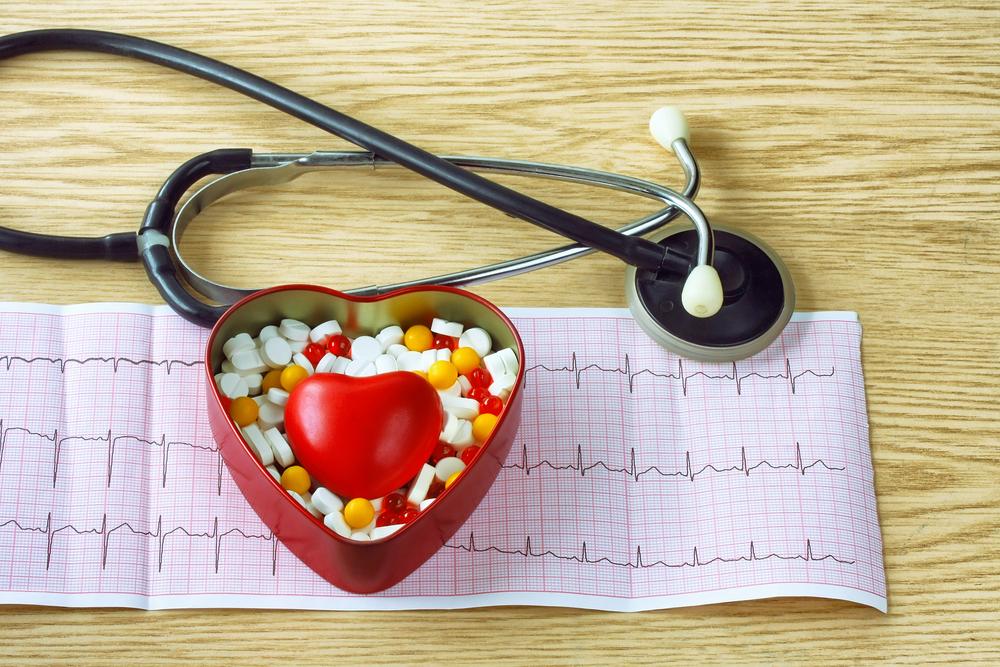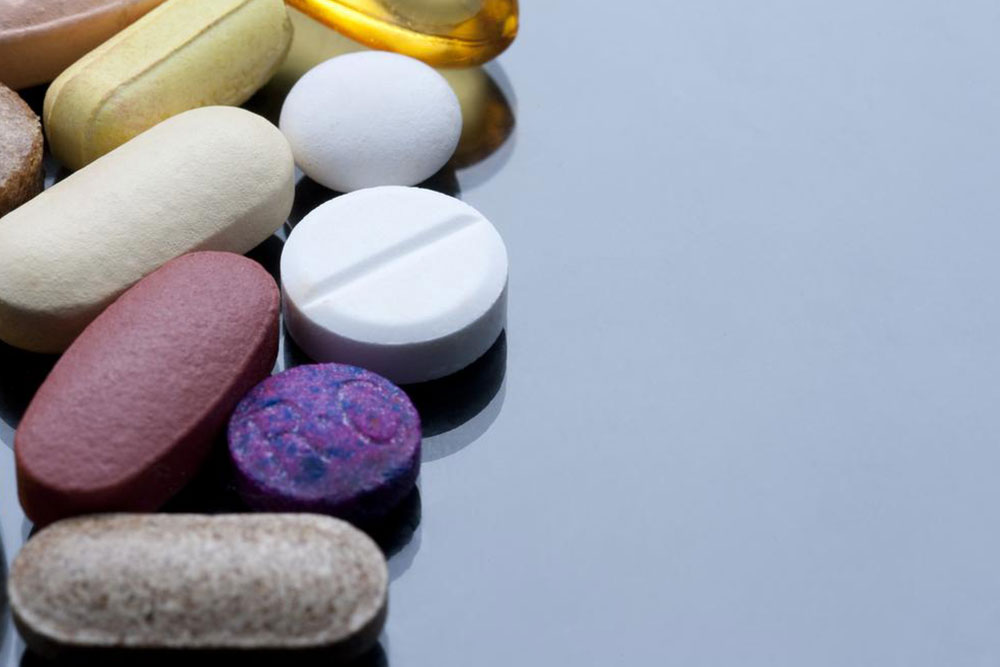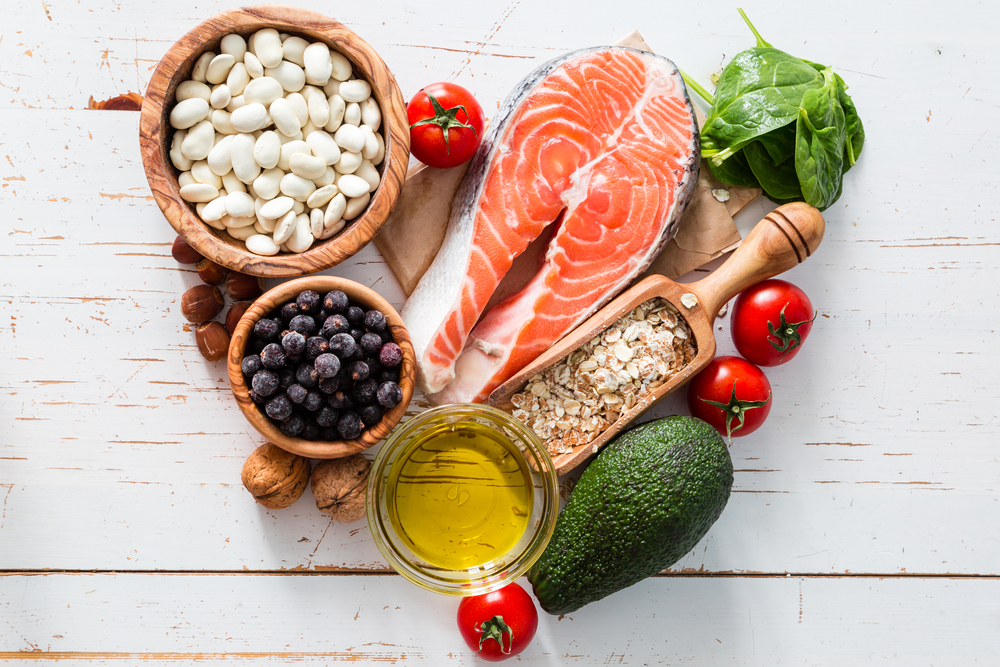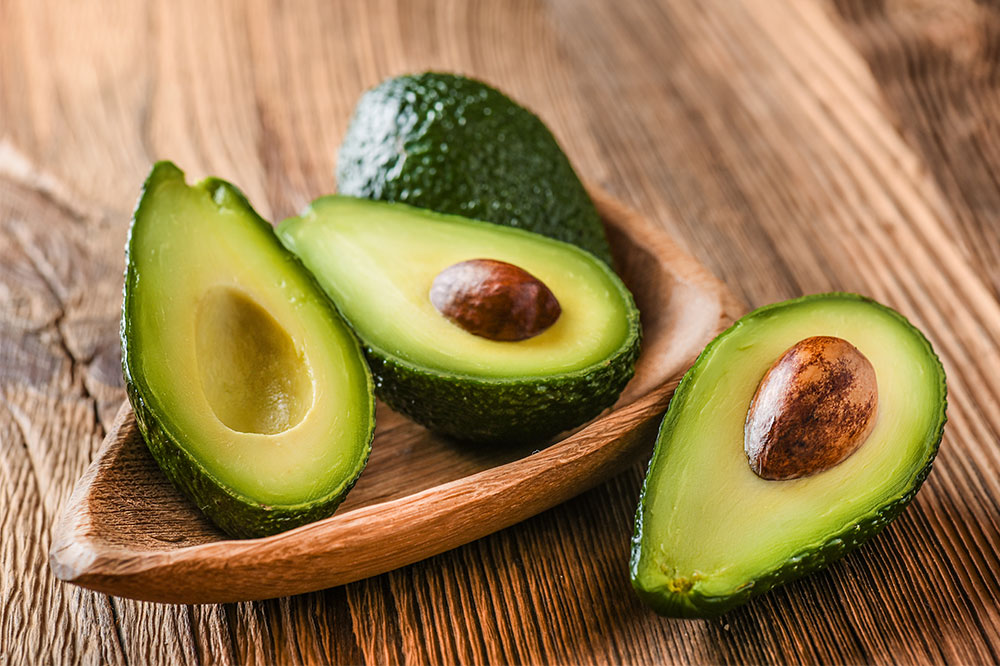Comprehensive Guide to Vitamins and Supplements for Heart Health
This comprehensive article explores essential vitamins and supplements that promote heart health. It covers vitamin D, dietary fiber, plant sterols, CoQ10, omega-3 fatty acids, garlic, and niacin, highlighting their roles in reducing cholesterol, blood pressure, and cardiovascular risks. Combining these nutrients with a healthy lifestyle can significantly enhance heart wellness and prevent cardiovascular diseases. Expert guidance is recommended to optimize supplement use alongside diet and exercise, ensuring a holistic approach to heart health.

Comprehensive Guide to Vitamins and Supplements for Heart Health
Maintaining optimal heart health is essential for a long, active, and healthy life. While a balanced diet and regular exercise are the foundation of cardiovascular wellness, certain vitamins and dietary supplements can play a significant role in reducing risks such as high cholesterol, hypertension, and other cardiovascular diseases. This extensive guide explores the most effective vitamins and supplements backed by scientific research that can help support and enhance your heart health.
Vitamin D:
Research from the renowned Framingham Heart Study indicates that adequate vitamin D levels are crucial for preventing heart disease. Taking a daily supplement of 400 to 800 International Units (IU) of vitamin D has been associated with a reduction in the incidence of heart attacks. A deficiency in vitamin D has been linked with increased cardiovascular risk, including hypertension and inflammation. Ensuring sufficient vitamin D through sun exposure, diet, or supplements can contribute to better arterial health and overall heart function.
Dietary Fiber:
Dietary fiber, especially soluble fiber found in fruits, vegetables, legumes, and whole grains, is vital in managing cholesterol levels. Consuming 25 to 30 grams of dietary fiber daily can significantly lower low-density lipoprotein (LDL), known as 'bad cholesterol.' Optimal fiber intake helps prevent the buildup of plaque in arteries, which is critical in preventing heart attacks and strokes. Men under 51 should aim for about 38 grams of daily fiber intake. If dietary sources are insufficient, consider fiber supplements such as psyllium husk, which can improve lipid profiles. Remember to drink plenty of water to facilitate digestion and prevent constipation.
Plant Sterols and Stanols:
Naturally occurring in plants, grains, nuts, and seeds, plant sterols and stanols interfere with cholesterol absorption in the digestive system. Regular consumption of foods fortified with these compounds, or taking supplements containing about 2 grams daily, can lead to significant reductions in LDL cholesterol levels, often by up to 10%. Incorporating sterols and stanols into your diet is an effective, natural strategy to support heart health and improve lipid profiles.
Coenzyme Q10 (CoQ10):
This antioxidant enzyme is naturally present in every cell in the body, particularly in the heart muscles. CoQ10 plays a vital role in energy production and offers cardioprotective benefits. Supplementing with CoQ10 has been shown to improve heart muscle strength, reduce oxidative stress, and lower blood pressure. It is also beneficial for individuals taking statins, as it can mitigate muscle pain and weakness caused by these medications. Typical doses range from 100 to 200 mg daily, but consultation with a healthcare professional is recommended for personalized dosing.
Omega-3 Fatty Acids:
Omega-3 fatty acids, particularly EPA and DHA found in fatty fish such as salmon, mackerel, and sardines, are among the most studied supplements for heart health. These essential fats help to balance blood lipids, reduce triglycerides, and prevent the formation of arterial plaque. Regular intake of omega-3s significantly reduces the risk of heart attacks and stroke. For supplementation, a daily dose of 1000 mg or more is advised, especially for individuals with existing cardiovascular risks. Incorporating omega-3-rich foods into your diet is also highly recommended for holistic heart health.
Garlic:
Garlic has been used medicinally for centuries for its cardiovascular benefits. Scientific evidence suggests that garlic extracts can lower triglyceride levels and reduce total cholesterol, while also increasing beneficial HDL (good cholesterol). Its potent antioxidants combat oxidative stress and inflammation in blood vessels, promoting arterial elasticity and preventing plaque formation. Regular consumption of garlic, either raw or as supplements, can be a natural adjunct in maintaining heart health.
Niacin (Vitamin B3):
Niacin is an important B vitamin that can positively influence lipid profiles. It works by dilating blood vessels (causing vasodilation) and reducing levels of LDL and triglycerides while increasing HDL, the protective cholesterol. Typical doses range from 50 to 200 mg daily; higher doses require medical supervision due to potential side effects such as flushing or liver issues. Regular blood lipid monitoring is essential to assess the effectiveness and adjust dosing. Niacin can be a useful supplement when tailored as part of comprehensive heart health management.
In conclusion, integrating these key vitamins and supplements into your daily routine—preferably under the guidance of healthcare professionals—can significantly support heart health. Remember, supplements should complement a balanced diet and regular exercise, not replace them. Prioritize lifestyle factors along with proper supplementation to reduce cardiovascular risks and enjoy a healthier life.





